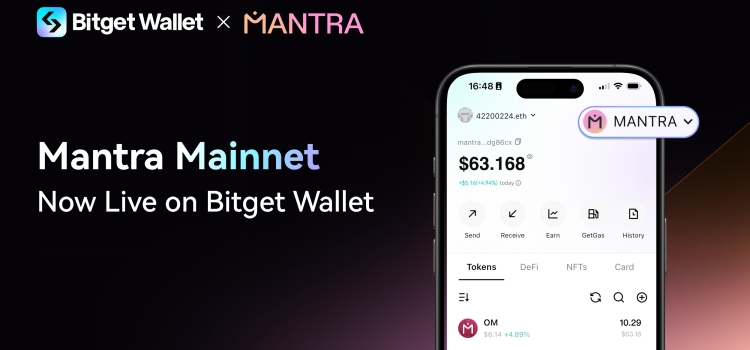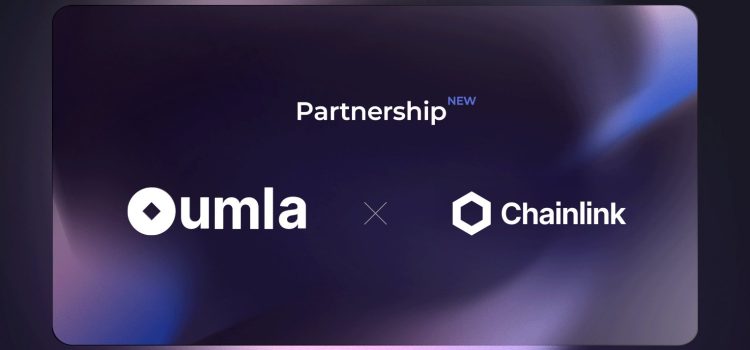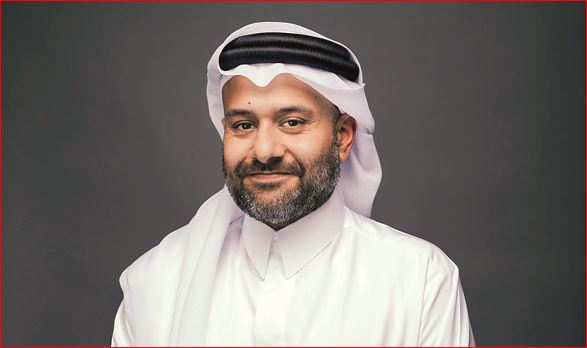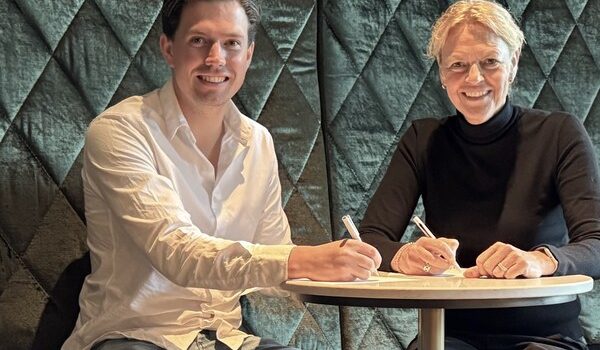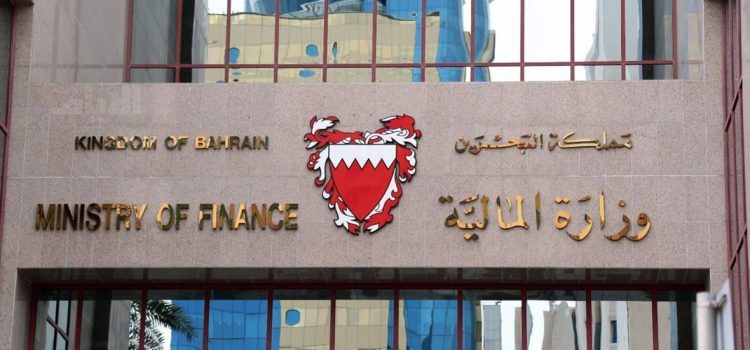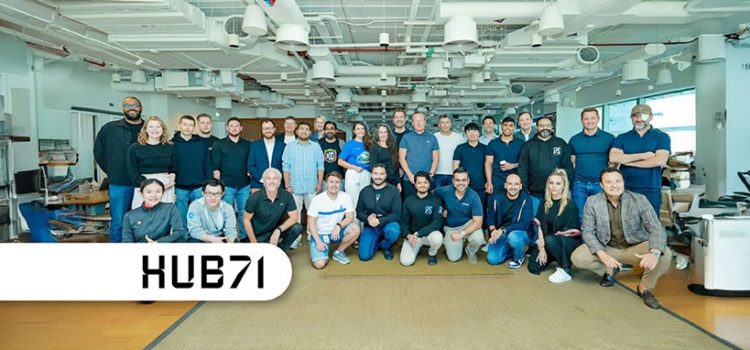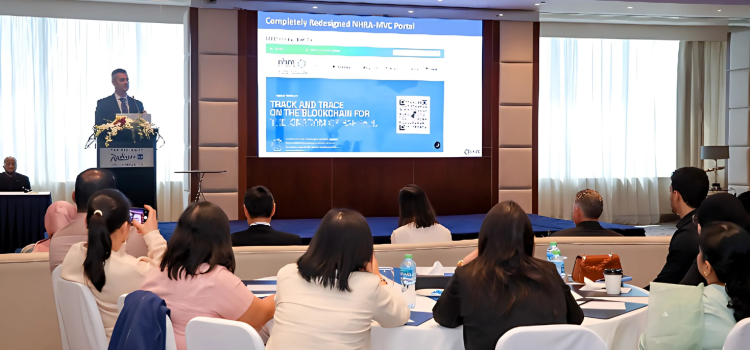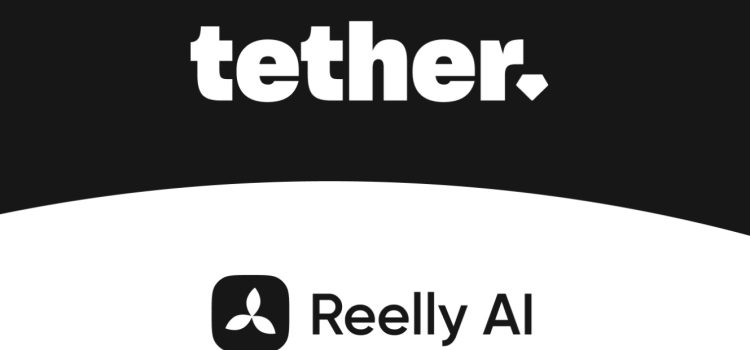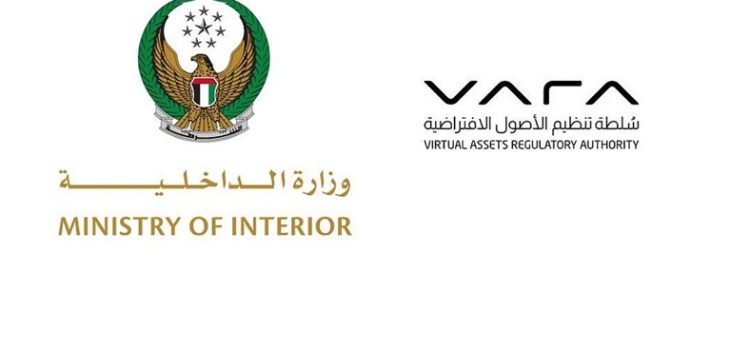
Bitget Wallet, a leading Web3 non-custodial wallet, is now fully supporting the UAE based Mantra Mainnet, a Layer 1 blockchain focused on the tokenization of real-world assets (RWA).
As per the press release, with this integration, Bitget Wallet users can easily access Mantra’s network to transfer and receive $OM tokens, participate in cross-chain transactions, and explore staking opportunities through Mantra’s DApp.
The Mantra Mainnet is designed to enable the onchain representation of real-world assets, bridging the gap between traditional finance and blockchain ecosystems. Through tokenization, Mantra aims to provide a scalable and flexible foundation for integrating RWAs within decentralized finance (DeFi). By offering a compliant-ready framework, it positions itself as a key player in unlocking RWA potential.
Bitget Wallet’s integration with Mantra highlights its commitment to expanding user access to emerging on-chain asset ecosystems. Users can interact seamlessly with Mantra’s DApp, which offers $OM token staking, cross-chain functions, and official rewards programs. This integration aligns with the growing trend of bringing real-world asset exposure to the decentralized world.
Looking ahead, Bitget Wallet plans to deepen its collaboration with Mantra through upcoming reward programs designed to encourage user participation in the evolving RWA ecosystem. “As real-world assets move on-chain, wallets become gateways to a new era of finance,” said Alvin Kan, COO of Bitget Wallet. “Our partnership with Mantra accelerates this shift by providing users with direct access to tokenized assets, reshaping how value is stored, transferred, and grown in the digital world.”
UAE Tungsten Custody also announced support for Mantra
Earlier this week, UAE regulated, digital asset custodian, Tungsten Custody Solutions Ltd, also announced its support for UAE MANTRA (OM) Blockchain with its custodial services.
The collaboration would enable institutional clients to securely custody OM tokens while leveraging Tungsten’s regulated framework, ensuring the highest levels of security, transparency, and compliance. Tungsten Custody’s collaboration with MANTRA reinforces its commitment to supporting the broader MANTRA blockchain ecosystem that empowers developers and institutions to seamlessly participate in the evolving real world asset (RWA) tokenization space.
Mantra Blockchain to tokenize $1 billion worth of Assets for DAMAC
The support Mantra Blockchain for real world tokenization comes weeks after Mantra announced it would be tokenizing $1 billion worth of assets for DAMAC Group in the UAE.








